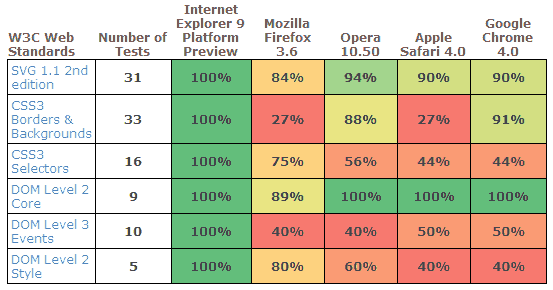I’ve not read the original FairTax book, and have only flipped through the follow-up written to answer the critics, but I have spent many hours reading about it online over the years, and back when I listened to Boortz of course he pushed it. At the moment, I don’t see it as workable and I think its rollout could be disastrously disruptive to the economy. Many of the goals and incentives set up by the FT are good, but there are a number of critiques I’ve read more recently that have not been adequately answered IMO.
Primarily, there’s Bruce Bartlett’s excellent piece “Why the FairTax Won’t Work” (pdf). This should be the first stop for those who’ve only read pro-FT literature. It begins with a decent description of the FT, but obviously it shouldn’t be the only thing you read about the FT to make an informed opinion.
Several folks commenting at the Fair Tax Blog make some compelling arguments against the FT, including weighing in on Bartlett’s critique. Many agree with him that a VAT would be a better consumption tax. This post has some lively discussion worth reading.
A lot of the selling points of the FT just seem too good to be true:
- You keep 100% of your paycheck. This is the most obvious deception—a mechanical truth of the FT system with the emotional appeal of effectively raising your income. Of course, your paycheck would be either be smaller or your expenses larger, too. With the FT’s guarantee of being revenue-neutral, the FT cannot be a win for everyone, and when you start to look at who would greatly benefit from it, it should be obvious who the losers will be. This is not to say that everyone’s current tax level is just, but this particular line of rhetoric seems targeted towards the middle class, who I think would end up paying more under the FT. And retirees living off savings—having already been taxed on earnings—will be taxed again to get by.
- It’s under 200 pages. Does anyone really believe that suddenly Congress would just have no way of cutting breaks for special interests? The problems of loopholes, unfairness, and the ballooning of the tax code is due to the people who amend it, and the FT won’t replace them. With not even most Republicans willing to touch it, getting a FT through Congress would take a number of sweetheart deals right off the bat and probably provisions making it easier to tamper with going forward. Remember there would be $485B going to citizens yearly in “prebate” checks, and Congress would determine who gets what; more room for deal-cutting.
- No more IRS! For those who strongly believe federal taxation is out-of-control, the notion of sticking it to the IRS will sound satisfying, but if a national consumption tax became the sole source of revenue for the federal government, you’d better believe it would build a new, huge bureaucracy to ensure compliance. Also, since the FT would no longer allow state and local governments tax-free purchasing, the states would likely need to jack up their income taxes to compensate.
Bartlett’s piece really is well-researched and a must-read, and if you know of a serious critique that takes on his arguments head-on, I’d love to read it.

